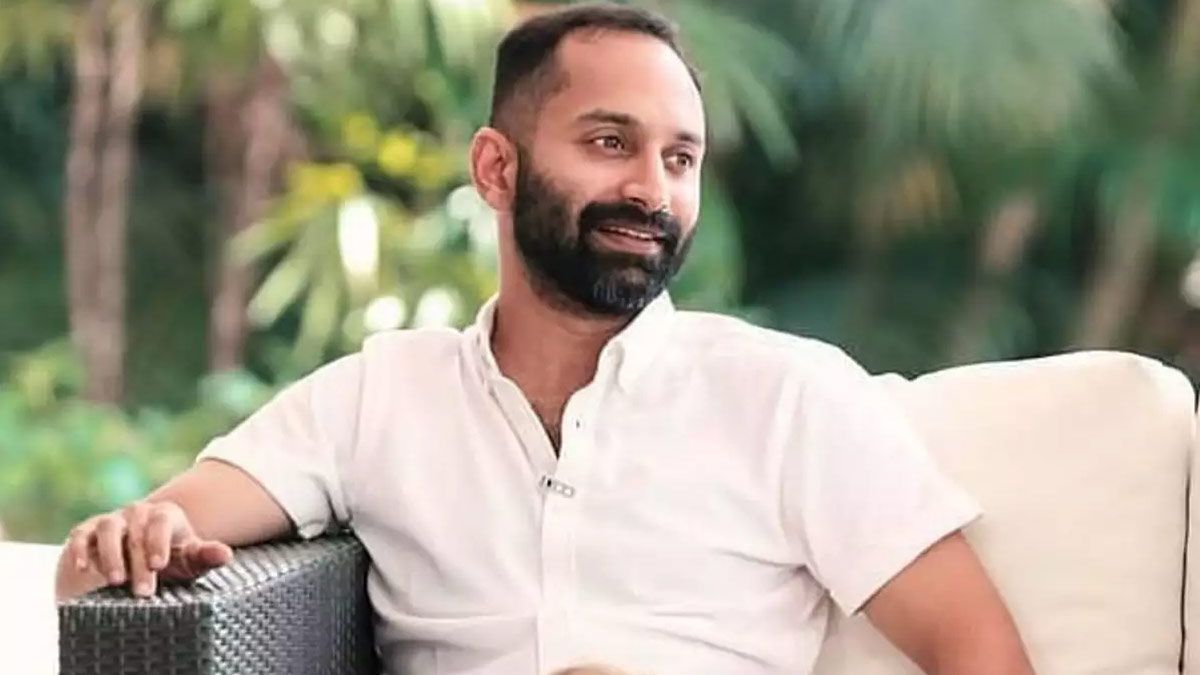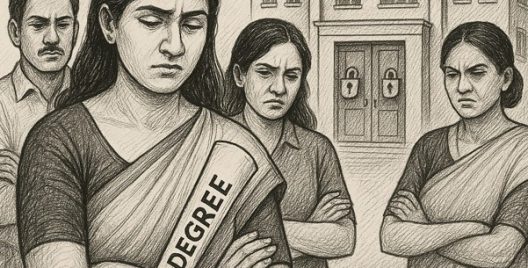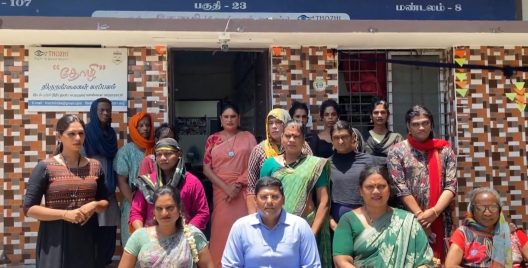A recent video of the current-most celebrated and sensational pop-culture icon, Fahadh Faasil, where he has openly admitted to having been diagnosed with ADHD has gone viral. (ADHD or Attention Deficit Hyperactivity Disorder is a mental health disorder whose symptoms include not being able to focus on one thing for a while and being excessively hyper causing impulsive behavior. This is neither fatal nor incurable.) Fahadh Faasil was invited to the inauguration of the Peace Valley School, a school for disabled children in Ernakulam. In the video, Fahadh says that his ADHD would’ve been easily curable if he was diagnosed during his childhood instead of 41 where he still carries some of its traits. The Gen Z have since found more common grounds for them to call ‘FaFa’ relatable!
Our country practicing orthodox and pseudo-scientific values isn’t new to us. Be it education, religion, hygiene, or the treatment of women, we’ve always been regressive with very minimal awareness on any said topic. The same extends to mental health as well.
When Fahadh Faasil, a Malayali Midas whose touch has turned every project into a blockbuster, be it an eccentric don in Aavesham, or as a producer of Premalu or as a casteist feudal lord in Maamanan, opened up about being clinically diagnosed with a mental health disorder, the internet has been nothing but a mirror of the Indian society, reflecting its archaic principles. On one side there are content creators posting the video for traction, on the other there are users googling ‘What is ADHD?’ – while news channels are reporting it as a ‘brain disease’, the Gen Z have owned up Fahadh as another ‘literally me’ personality!
But the actual brunt of this falls on those who are kept in the darker side of the issue with zero to very little awareness on the topic, which mostly includes parents and by that means, their children. How many kids, who have been hyper and fidgety in their childhood, have been labeled as ‘indisciplined’, ‘disrespectful’ and ‘distracted’? How many such children have been admitted to ‘stricter’ day-schools and boarding schools to ‘straighten’ them up? Even among those who have been fortunate enough to be diagnosed with ADHD by teachers and psychiatrists/psychologists, have often been called ‘crazy’ and ‘lunatic’. Most parents do not want to admit their children in schools that cater to their specific needs, even after professional advice, because they believe their children would do well in ‘normal’ schools.
Drawing on the lines of what Fahadh had to say, treating ADHD among children is much easier and effective than among adults. Ignorance and negligence practiced by the society in topics of mental health will only make it a taboo. And with eminent actors like Deepika Padukone, Anushka Sharma and of course, Fahadh Faasil openly talking about being diagnosed with mental health illnesses like depression, anxiety and ADHD (respectively), we see more discourses on mental wellness, breaking down the walls around that topic thereby leading us on a path to normalizing the same!













